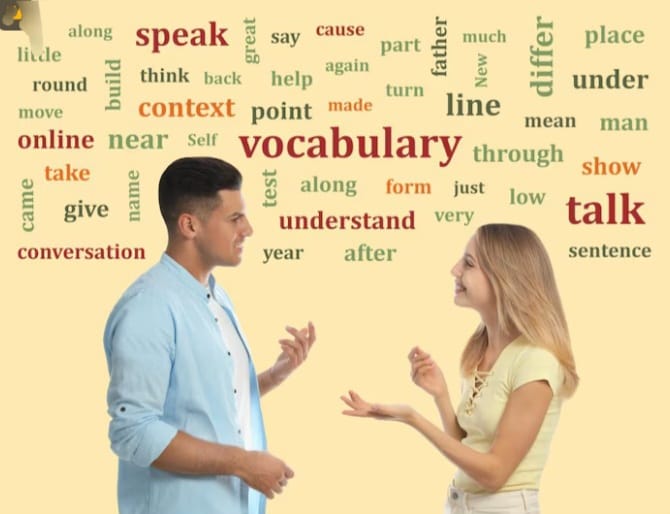Master These Essential Soft Skills to Elevate Your Career
In our previous blog post, we explored the top 10 soft skills that can transform your professional journey. But the learning doesn’t stop there! Success isn’t just about what you know—it’s about how you apply it, collaborate, and adapt in an ever-changing world.
Today, we’re diving deeper into Ten more powerful soft skills that can set you apart, boost your influence, and help you thrive in any workplace.
Critical thinking is the ability to analyze information objectively and make informed decisions. This soft skill involves evaluating evidence, identifying assumptions, and recognizing biases. A skilled critical thinker can synthesize complex information, consider multiple perspectives, and make logical and evidence-based conclusions.
Cultural competence is the ability to interact effectively with people from diverse backgrounds and cultures. This soft skill involves understanding and respecting cultural differences, being aware of one's own biases, and adapting communication and behavior to suit different cultural contexts. A culturally competent person can build strong relationships with people from all walks of life.
13. Customer service
Customer service is the ability to provide exceptional service to customers and clients. This soft skill involves actively listening to customers' needs, providing accurate and timely information, and resolving issues in a timely and professional manner. A skilled customer service provider can build strong customer relationships, foster loyalty, and enhance the company's reputation.
14. Decision-making
Decision-making is the ability to make effective decisions based on available information. This soft skill involves weighing different options, considering potential outcomes, and evaluating risks and benefits. A skilled decision-maker can make timely and effective decisions, communicate their reasoning clearly, and be accountable for their choices.
Emotional intelligence is the ability to recognize and manage one's own emotions and the emotions of others. This soft skill involves being aware of one's own emotional state, being empathetic towards others, and responding appropriately to emotional cues. A person with high emotional intelligence can build strong relationships, resolve conflicts effectively, and lead with empathy.
16. Flexibility
Flexibility is the ability to adapt to changing circumstances and handle multiple tasks simultaneously. This soft skill involves being open-minded, responsive to feedback, and able to adjust to new situations with ease. A flexible person can work effectively in fast-paced environments, handle unexpected challenges, and maintain a positive attitude.
17. Goal-setting
Goal-setting is the ability to set achievable goals and work towards achieving them. This soft skill involves being proactive, organized, and focused on results. A person who sets effective goals can prioritize tasks, track progress, and maintain motivation in the face of challenges.
Interpersonal skills are the ability to build and maintain positive relationships with others. This soft skill involves effective communication, active listening, empathy, and conflict resolution. A person with strong interpersonal skills can build rapport, establish trust, and collaborate effectively with others.
19. Negotiation
Negotiation is the ability to negotiate and resolve conflicts effectively. This soft skill involves identifying common ground, being persuasive, and finding win-win solutions. A skilled negotiator can build relationships, resolve conflicts, and achieve mutually beneficial outcomes.
20. Patience


















